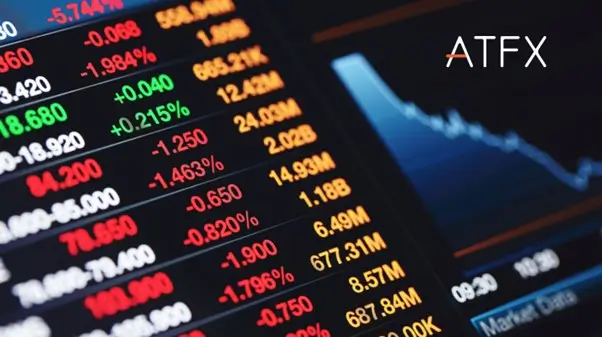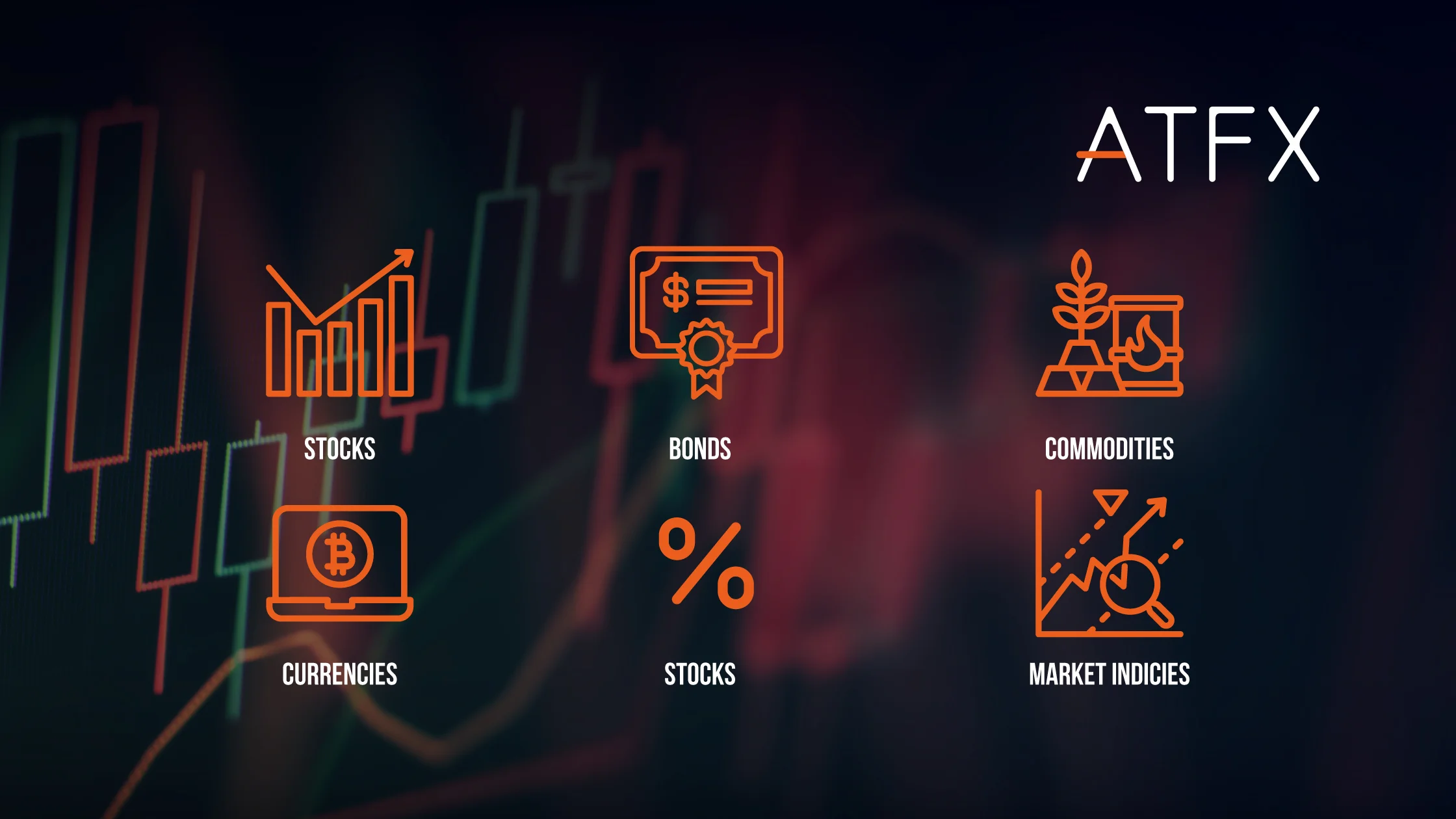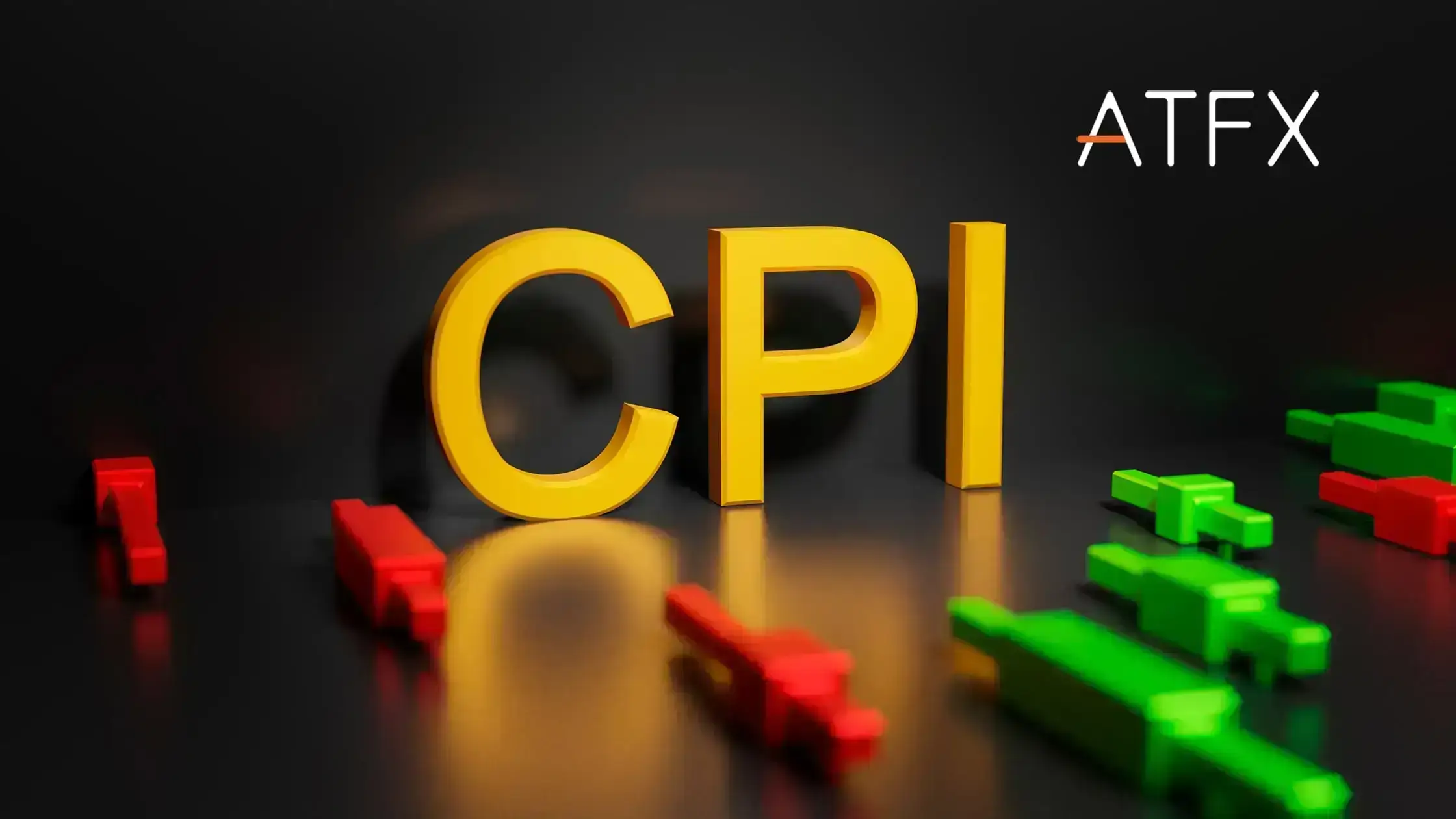Key Takeaway
- A broker is an organization or a person who buys and sells things for others and acts as a middleman by providing services to its clients.
- Various broker types are fundamental to align with clients’ or investors’ financial goals and market needs.
- A thorough evaluation of their credentials, fee structure, service levels, technology, and market access is critical to choosing a broker that fits your financial goals and offers transparency and support.
- Ensuring that the broker is regulated and licensed and understanding the risks involved are essential steps in protecting investments and establishing a relationship of trust.

What is a broker?
So, what is a broker? A broker is a regulated professional who buys and sells financial instruments on behalf of their clients in financial markets. Their core function revolves around facilitating transactions, ensuring that both parties achieve their desired outcomes while adhering to regulatory standards.
They receive a commission upon the successful completion of the transaction. In some cases, brokers may assume the role of a buyer or seller and become a principal party, essentially meaning they take the opposing side of the trade. So, if you’re buying, it’s the broker who’s selling.
What does a broker do?
A broker acts as an intermediary between buyers and sellers in various financial markets, facilitating transactions and providing services tailored to clients’ specific needs and goals.
In their role, they provide expert guidance, access to diverse markets and assets, and aid in developing strategies for investment, risk management, and financial planning.e managing risk.
What qualifications do brokers need?
As an individual broker within a brokerage, you don’t need to have any type of qualification. Some brokerages might have stricter requirements than others but in general, there is no requirement like there is for accountants, doctors or architects.
To open an execution brokerage business, no one needs any specific qualifications. To be authorised by certain regulatory bodies, you must adhere to their standards and protocols. Each authority is different and will have its own level of compliance. It, therefore, depends on the country in which they operate and where they’re legally registered.
To be regulated by highly regarded regulatory authorities, for example, the Financial Conduct Authority FCA you must comply with strict protocols. Although formal qualifications are not required to start a brokerage, the FCA carefully evaluates the expertise, suitability, and integrity of senior management before granting authorization. It’s not like anyone can just open a brokerage.
What are the different types of brokers?
In the complex financial landscape, brokers serve as essential guides, each specializing in different market territories. The following are some of the popular types of brokers.
- Stockbroker
- Forex broker
- Insurance broker
- Real estate broker
- Mortgage broker
What is a stockbroker?
A stockbroker is a regulated and licensed professional individual or firm who executes trade to buy and sell orders for stocks and other securities products on behalf of clients in exchange for a fee or commission, serving as a critical intermediary in facilitating transactions within the stock market.
Types of stockbrokers?
What is a full-service broker?
Full-service brokers provide an extensive range of services that go beyond just the buying and selling of stocks. These services include providing investment advice, tax planning, retirement planning, and portfolio management. Full-service brokers cater to clients seeking a holistic approach to investing, offering personalized advice and comprehensive financial strategies.
What is a discount broker?
Discount brokers provide a platform to buy and sell stocks at a lower cost. However, they generally do not provide investment advice or additional services. Discount brokers are the right choice for those who prefer to navigate the stock market independently.
What is a forex broker?
Forex Brokers serve as gateways to the largest financial market globally. They facilitate currency trading, enabling access to fluctuating exchange rates and international transactions.
Forex Brokers are essential for individuals like traders, investors and businesses engaging in international trade, offering a platform for currency exchange and hedging foreign exchange risk.
What are the different types of forex brokers?
Several different types of forex brokers can execute your trades. There are:
- No dealing desk brokers (NDD)
– Electronic communication network brokers (ECN)
– Straight-through processing brokers (STP)
– Hybrids
- Dealing desk brokers (DD)
– Market-makers
/analysistrading-strategies-type-of-brokers(child%202)-image2.jpg?width=1115&name=analysistrading-strategies-type-of-brokers(child%202)-image2.jpg)
No dealing desk brokers
No dealing desk brokers (NDD) are, unsurprisingly, those that don’t operate dealing desks. Your order gets sent directly to the market without any interference or delay.
NDD forex brokers will normally work directly with several liquidity providers to get you the most competitive prices.
With NDD brokers, you get direct exposure to the precise spreads available to customers from the interbank market. The precise spreads are normally passed on to the client but in order for them to make money they will apply exchange fees or commissions to your trades.
STP Broker
A straight-through processing broker (STP) will route your order to the market ASAP without any delay and interference. Like most brokers, they make money from the spread and the commissions they generate on the trades you place.
STP brokers pass the orders directly to their liquidity provider. Liquidity providers can include Banks, Hedge Funds, Investment corporations or other brokers. STP brokers usually have several liquidity providers; increasing the number of providers in the liquidity system should, in theory, lead to better fills for the client. Many STP brokers use banks who trade on the Interbank market as their liquidity sources. The Interbank market is the highest-level foreign exchange market where banks exchange currencies.
A few key facts about STP brokers:
- They don’t pass orders through dealing desks
- They process clients requests without delay
- They don’t send re-quotes to clients
- They allow clients to trade during volatile periods (like news releases)
ECN Broker
An Electronic Communications Network (ECN) broker places your order into a liquidity pool of continually changing prices. The pool of pricing may be created by tier 1 banks who transact billions of FX requests and orders each day. ECN brokers attempt to get your market order filled at the best price and ASAP.
The ECN provides an electronic system for buyers and sellers to come together to execute trades. The network matches all the buying and selling orders in the pool of pricing (the exchange). If specific order information is not there, then the ECN delivers the highest bid and lowest ask price on the open market.
All ECN brokers have access to the same feed and trade at the prices quoted. They’re popular because no trader should have a built-in advantage over the other.
Hybrid Broker (ECN + STP)
Brokers who offer the dual system of STP and ECN are known as hybrid brokers. Orders are routed to the ECN liquidity pool and market ASAP, without any interference or price manipulation. These hybrids are considered one of the most efficient, transparent and safest methods for traders to access markets.
Dealing desk brokers
As the name suggests, a dealing desk broker operates a dealing desk. The issue many have with brokers working dealing desks is that they often take the other side of a clients trade, therefore are the counterparty. This then throws up the question, does the broker have the clients best interest at heart when they’re the counterparty?
By setting the bid and ask price, there’s an argument that they have an advantage over their counterparty, in this case the client. Some people do believe that this type of trader takes advantage of traders but there are also many others that appreciate the fixed spreads that they do offer.
Market Maker
A market maker makes a market for their clients. They’re often liquidity suppliers – an entity that buys a large volume of an asset and then distributes it to other financial institutions who then make it available to retail investors.
Market makers offer a buy and sell quote to other financial companies, and they make a profit from this bid-offer spread. Their mission is to provide competitive quotes for the complete trading ecosystem.
What is an insurance broker?
Insurance Brokers represent the interests of insurance buyers, comparing policies, terms, and prices to find the best fit for their clients. Insurance Brokers are advocates for the insured, offering expert advice, claims assistance, and ensuring that their clients’ interests are well-represented.
What is a real estate broker?
Real Estate Brokers connect buyers with sellers, landlords with tenants, facilitating property transactions and ensuring all regulatory requirements are met.
Real Estate Brokers possess in-depth knowledge of the property market, offering insights, negotiation skills, and a network of contacts to help clients make informed real estate decisions.
What is a mortgage broker?
Mortgage Brokers act as intermediaries between borrowers and lenders, analyzing clients’ financial situations, and finding suitable mortgage options.
With access to a variety of lending institutions and loan products & services, Mortgage Brokers help clients secure financing that aligns with their needs and financial capabilities.
What is an online broker?
Online broker provide platforms for trading and investing via the Internet through easy access to thousands of financial products. These brokers offer lower fees, user-friendly interfaces, and a wealth of online resources, catering to tech-savvy, self-directed investors.
What is an offline broker?
Traditional Offline Brokers offer a more personalized service, with face-to-face interactions and tailored advice. For example, getting personalised tailored advice from a financial insurance advisor based on the client’s needs.
They are suitable for individuals seeking a more hands-on approach, valuing personal relationships, and customized guidance.
How do brokers make money?
Brokers usually earn through commissions, fees, and spreads by acting as intermediaries between buyers and sellers based on different markets and facilitating transactions tailored to their clients’ needs.
How to choose a broker?
Selecting the right broker requires a comprehensive assessment of your individual financial objectives, as well as an evaluation of the broker’s qualifications, fee structure, level of service, technological platform, and market access capabilities.
Additionally, ensuring the broker is regulated and licensed as well as considering reputation, transparency, and availability of educational resources are essential steps in making an informed decision.
a) Assessing Your Financial Goals
The foundation of selecting the right broker lies in a thorough self-assessment of your financial goals. Are you seeking to invest in stocks, navigate foreign exchange, buy a home, or secure insurance? Your objectives will determine the type of broker that aligns best with your needs. An intricate understanding of your investment horizon, risk tolerance, and financial expectations forms the cornerstone of this selection process.
b) Researching Broker Credentials
Licensing, regulatory compliance, and a clean record with financial authorities ensure the broker operates with integrity and reliability.
Looking into feedback from clients, testimonials, and awards provides valuable insight into the broker’s credentials, giving you a glimpse into the experiences of fellow traders and investors.
c) Evaluating Fee Structures
As we have unraveled, brokers weave their income through various strands. Evaluating their fee structures, such as commissions, spreads, and additional fees.
It provides clarity on the cost of their services. Transparent, fair, and aligned with your financial capabilities.
d) Assessing Service and Support
A broker with excellent customer service and support on a timely communication response, and a willingness to address queries and concerns are essential.
e) Technology and Platform Usability
Digital platforms are the gateways to financial markets, assessing the broker’s technology and platform usability is crucial.
A user-friendly interface, secure transactions, and resources and tools enhance user experience.
f) Product and Market Access
The diversity of the financial necessitates a broker that provides access to a variety of products and markets, such as stock in the stock market, gold in the gold commodities market, and etc. Whether you aspire to invest globally or diversify across asset classes, the right broker opens the doors to a world teeming with possibilities, aligning with your investment strategy and goals.
g) Education and Resources
Brokers that offer educational resources, market insights, and research empower you to make informed decisions. These resources enrich your understanding, foster confidence, and enhance your ability to navigate financial insights.
Frequently Asked Questions – FAQs
What is a CFD Broker?
A CFD broker offers platforms for contracts for difference (CFD) trading contracts that allow traders to profit from price changes without owning the actual asset like stock, commodities, forex, etc.
What is the primary role of a broker?
The primary role of a broker is to act as an intermediary between buyers and sellers in various markets such as stocks, real estate, insurance, and forex to ensure smooth transactions.
How do brokers differ from one another?
Brokers differentiate themselves based on their specialized markets, the range of services they provide, their pricing models, and the level of guidance and support they offer. For instance, a stock broker may have expertise in the stock market, while a real estate broker excels in facilitating property transactions.
Are there specific certifications or qualifications that reputable brokers hold?
Reputable brokers are often distinguished by their certifications and qualifications from well-known financial industry organizations and regulators. These credentials serve as proof of their competence, knowledge, and adherence to industry standards. It is crucial to check a broker’s references as part of the process of evaluating their reliability and expertise.
Is it important for a broker to be regulated and licensed?
Yes, it is crucial for a broker to be regulated and licensed. Regulation ensures that the broker adheres to strict standards of operation, providing a level of protection and transparency for clients.
How do I verify the credibility and regulation of a broker?
You can check their registration with relevant regulatory bodies, check their compliance with industry standards and look for reviews and testimonials online. For instance, the US stock market is regulated by the Securities and Exchange Commission (SEC). You can verify the regulation and licensing of a stock broker by conducting a check with the SEC.
Moreover, by thoroughly examining the broker’s disclosure documents and directly reaching out to regulatory bodies, you can gain further confidence in the broker’s credibility and legitimacy.
What kind of educational resources do brokers typically offer?
Brokers usually offer a variety of educational resources, including webinars, articles, guides and market analysis to help clients make informed trading decisions.
These resources are designed to enrich your understanding of trading, improve your skills, and cover a wide range of topics from the basics of market fundamentals to advanced trading strategies.
How can a broker help me diversify my investment portfolio?
Brokers offer access to a wide range of assets and markets, providing educational resources and tools to help clients build a diversified portfolio aligned with their risk tolerance and investment goals.
Diversification, a key investment strategy, helps manage risk by spreading investments across various asset classes.
Is it common for brokers to have partnerships with other financial institutions?
Yes, brokers often establish partnerships with banks and other financial institutions to enhance their product and service offerings, access additional resources, and provide financial solutions to their clients. For example, ATFX partnership with Ashur Bank
What is an introducing broker?
An introducing broker acts as a middleman, connecting clients with a main broker who handles trades and operations. This setup allows the introducing broker to concentrate on client relationships while the main broker provides the necessary infrastructure and services. For example, ATFX Introducing Broker Programme.





